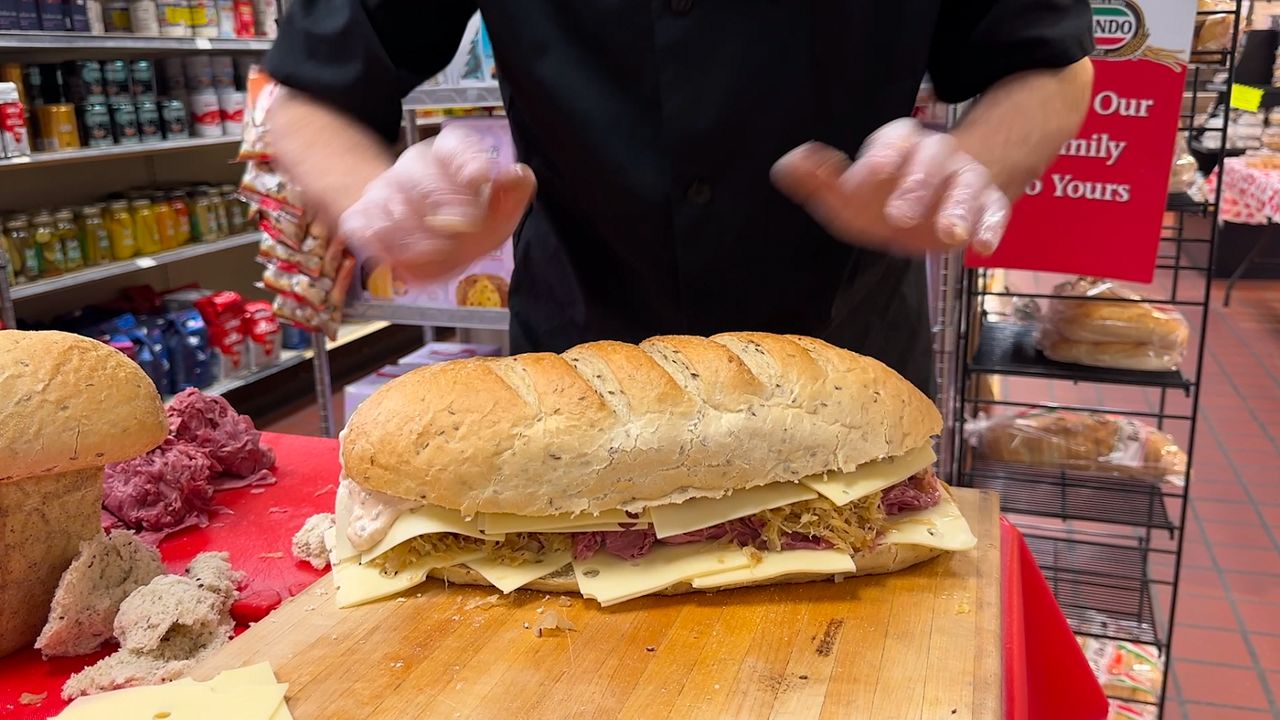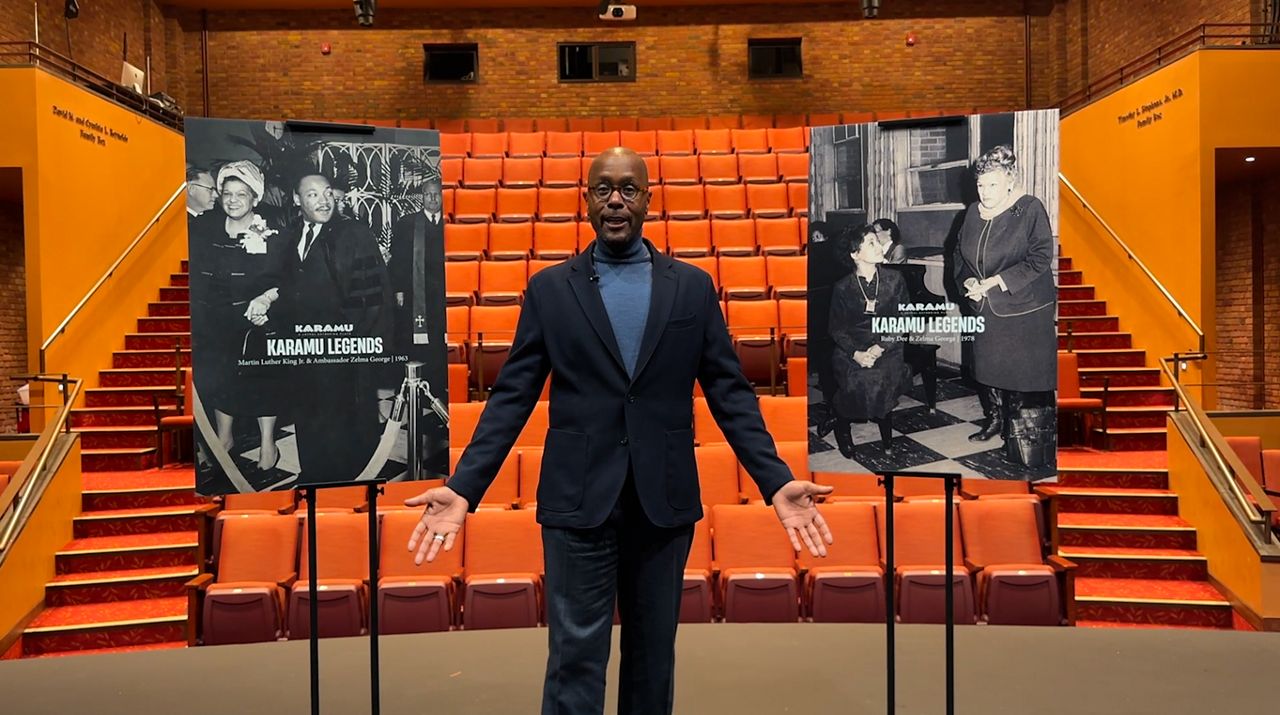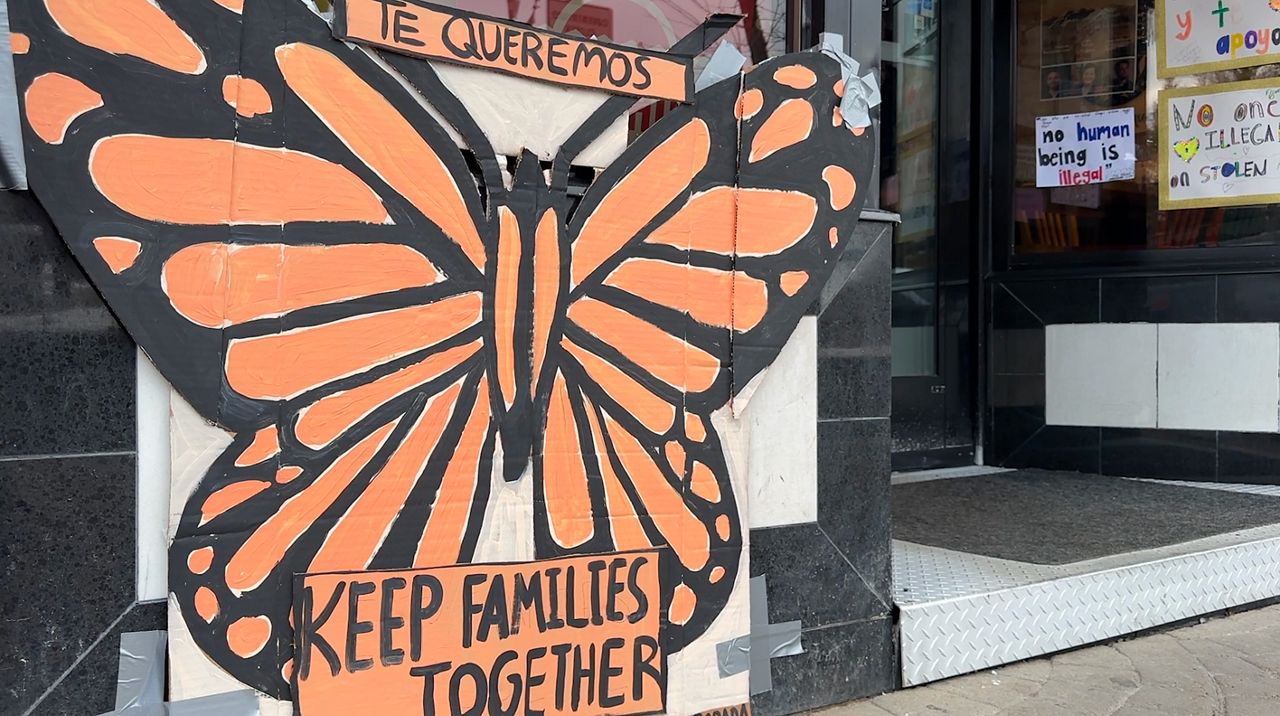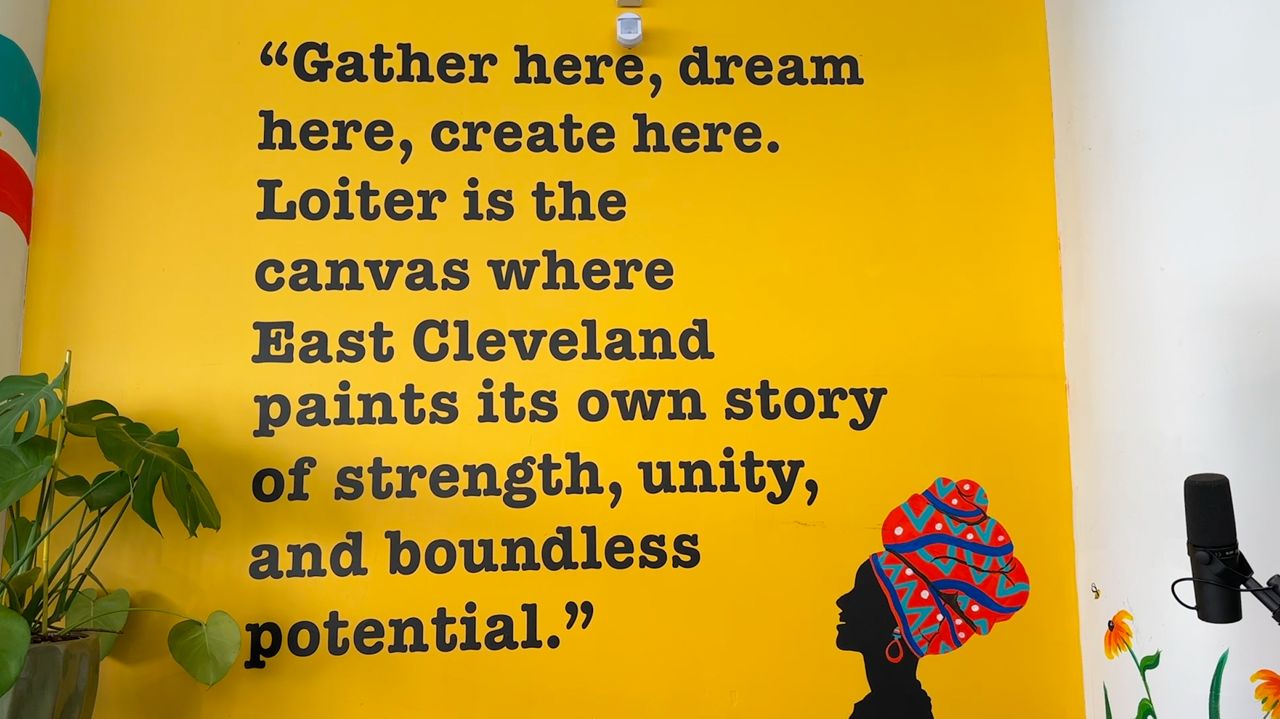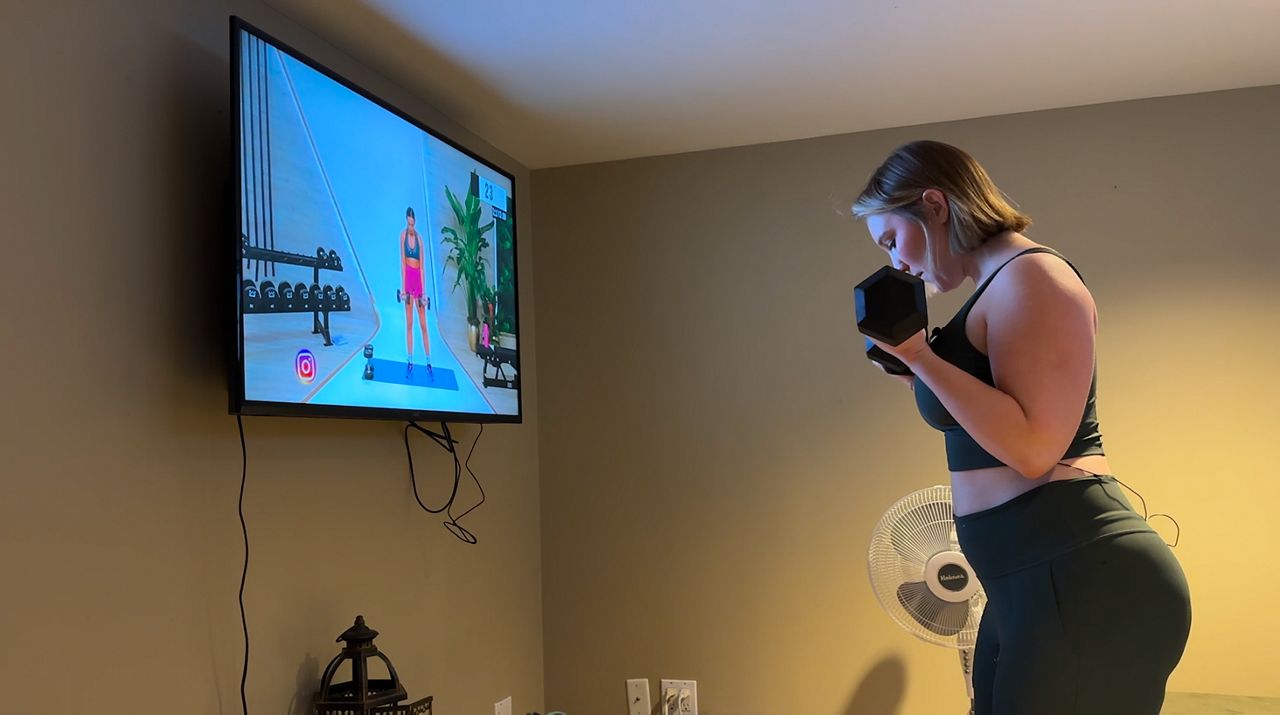CLEVELAND — What began as an outlet for grief has now become Zachary Thomas’ professional passion.
“Ten years ago, I lost my mother. I was just in high school and experiencing sort of that that loss, and processing that grief, writing really helped me sort of figure out what I was feeling and how to articulate the gravity of that loss,” Thomas said.
A long-time poet and writer, Thomas said he puts these skills to work as the executive director of “Writers in Residence,” a nonprofit assisting youth in the juvenile criminal justice system. He is one of nine Ohioans who will be receiving Governor’s Award for the Arts in May.
Each year since 1971, the Ohio Arts Council confers with the governor to recognize a group of exceptional artists and organizations for their leadership and impact in the state’s artistic and creative fields.
“As a creative writing person and a person who believes in the power of writing itself, I figured, is it just possible to facilitate a space where they can express themselves, write about what they're feeling and believing, and just articulate sort of what they're going through?” he said.
Beginning as a student-led organization at John Carroll University in 2017, Thomas said the program has since worked to empower youth and assist with reentry into society, by first accomplishing two main goals.
“Increasing literacy, and confidence,” Thomas said. “And we know for a fact that when a youth in detention– this is sort of like scholarly research– increase levels of education and their self-confidence, we see a decrease in misbehavior.”
Jacqueline Brackett is a volunteer coordinator Cuyahoga County Juvenile Detention Center. She’s worked with Thomas since the nonprofit launched in 2013, opening the center’s doors to the first cohort in 2013.
Since then, the nonprofit has served over 1,500 youth over the last eight years and expanded to other counties outside of Northeast Ohio.
“To know that they have expanded to other counties that just lets you know how successful this program has been, and people know there will be benefits for the youth participating in the program,” Brackett said.
She said the nonprofit partners student volunteers from local universities and adult mentor with incarcerated juveniles, who’ve witnessed the program’s impact firsthand.
“They said that they liked the fact that they were learning to become a better writer and that the volunteers were kind to them,” she said. “They made them feel comfortable, and they assisted them with fleshing out their thoughts on paper.”
As the program continues to grow, Thomas said their work is far from over.
“I would love to see every juvenile facility across the state of Ohio, have an arts related programing like ours,” Thomas said. “Either with our organization, [or] a different organization, [I’m] just a champion of the what the arts can do for youth in general, but especially youth in detention.”






